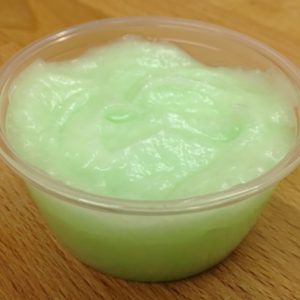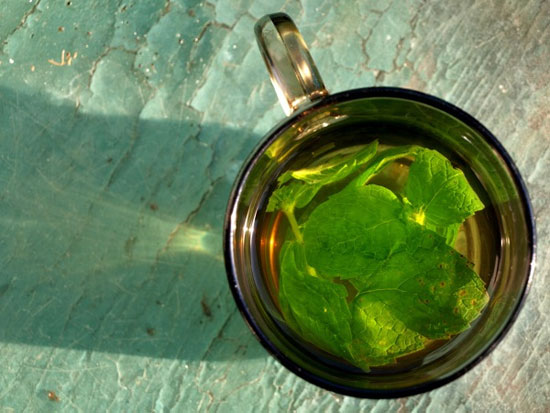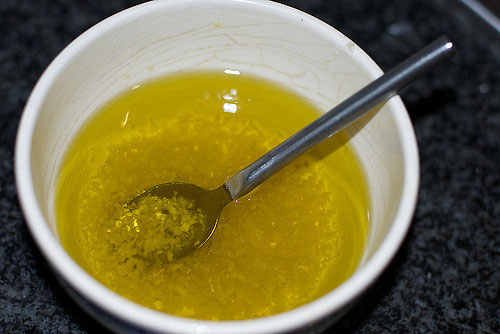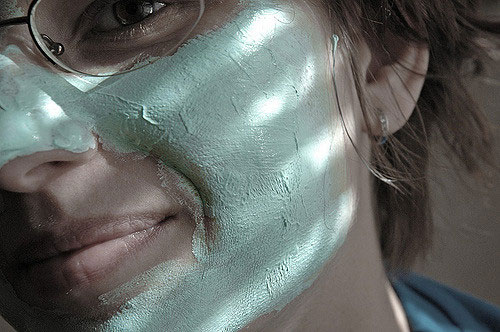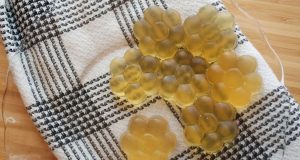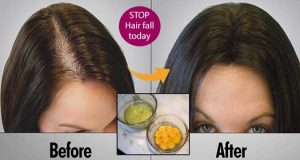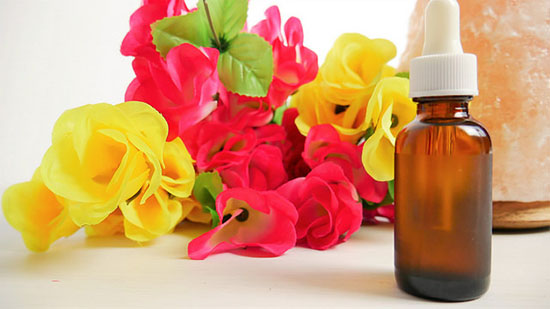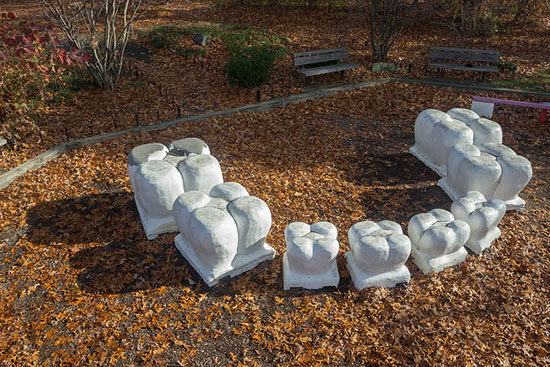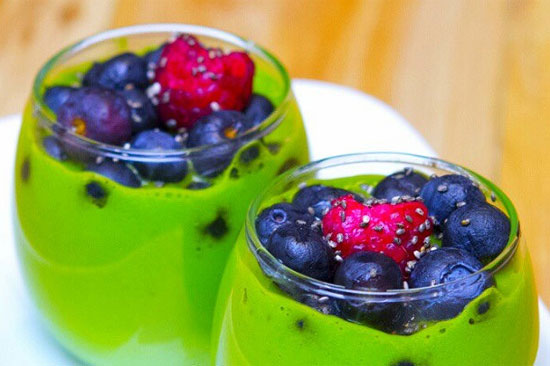We know about herbs today much more than we previously did: that one healing herb can also have harmful ingredients, but also that the healing depends on their right dosage.
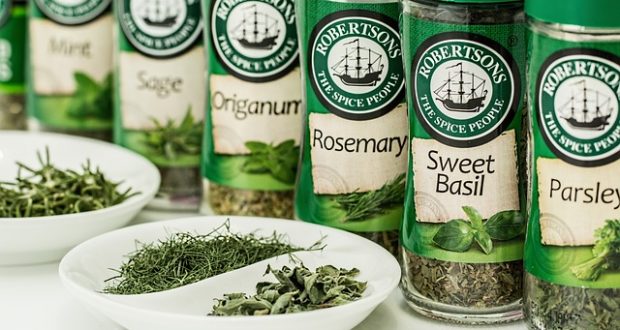
We are also familiar with the reactions and collision that can happen combining the herbs with other medications.
Here are some counter indications from herb remedies:
Aloe Vera: it increases the work efficiency of hydrocortisone creams. With a simultaneous use of diabetes remedies it results with a drastic decrease of sugar levels, and can also cause hypoglycemia and fainting, because in this case the brain remains without energy.
Blueberry: the fruit mustn’t be used when there is kidney inflammation. Utilization of the fruit requires precise dosage. They are not recommended during pregnancy.
Garlic: it stops blood clotting and this is why it cannot be consumed in the same time with other medicaments against blood clotting. When using medicines against AIDS, its efficiency is decreased.
Wild Chestnut: homemade remedies prepared from the fruit or the leaf of wild chestnut, can be dangerous and cause intoxication when consumed orally. You will have to consult a doctor regarding consumption.
Echinacea: must not be used with autoimmune diseases because it provokes a complete growth of the immune system, including the part that attacks its own body. Those are disease of the thyroid gland, rheumatoid arthritis, Crown disease, ulcerous colitis, Lupus, HIV, Multiple sclerosis and herpes.
Eucalyptus: eucalyptus oil is poisonous, while the oily products from eucalyptus can influence over the weakening of the enzyme composition of the liver. They cannot be given as oral consumption to kids younger than two.
Comfrey: you must not apply comfrey cream on ulcers that haven’t cleaned out the pus. In this case, the skin will regenerate externally, and become thicker and healthy, while on the inside, the pus will remain, possibly resulting in worse inflaming process than the previous one.
Ginkgo Biloba: should not be consumed in the same time with medicaments against blood clotting. It strengthens the work of antipsychotic drugs. It can cause sexual difficulties with simultaneous use of antidepressants. Do not use it together with aspirin and anti-rheumatic drugs.
Hawthorn: should not be consumed together with meds that regulate blood pressure. Consult a doctor regarding its consumption about heart diseases.
Hypericum: the basic problem is that the effects of the hypericum drugs collide with the effects of many other drugs, therefore you should consult a doctor regarding consumption.
Hop: if used simultaneously with calming drugs, in increases their effect.
Sweet Flag: do not use for diarrhea.
Sage: in large doses, the dose can be neurotoxic, which means it can cause anxiety, headache, and often hallucinations. The strong tea causes muscle contractions, which means that it can produce nausea and vomiting to sensitive stomachs. Also, caution is required regarding strong dose for epileptics or people with migraine, namely regarding everyone that the muscles contractions directly harms them.
Chamomile: its high doses increase the work of medicaments against blood clotting. It should not be used at the same time with calming meds or alcohol. It can cause nausea if you have a very sensitive stomach and take it in high and potent dose.
Nettle: it is usually consumed for increase of iron in the blood and spring cleansing of the organism, but if you have low blood pressure, than you will make a mistake. It strongly drains the kidneys and causes misbalance of the water in the organism that directly affects blood pressure.
Linden: increases the effect of heart disease drugs, that’s why it is not recommended to consume them at the same time. With longer, uninterrupted consumption of the linden tea, heart issues can appear. Caution for kids and elders’ consumption.
Lemon Balm: increases the strength of calming medicaments.
Wild Garlic: it can produce even more drastic fall of blood pressure to people that are sensitive and have low blood pressure.
Mint: if used for a longer period, it can cause problems with kidneys, heart issues and appetite loss.
Wormwood: avoid long term use. Overdose can result in headache, blackouts, even mental disorders. It can cause stomach cramps, constipation and surplus of stomach acids. Do not use if you have stomach ulcer.
Fenugreek: if you wish to prepare a face crème of this herb, it will clean your skin, illuminating it, but it can also increase hair growth.
Coltsfoot: the common comments that coltsfoot is bad and it poisons the organism on the long term, are only related to one kind of the family, growing in North America.
Horsetail: there is a belief that horsetail produces decrease of vitamin B and that it stimulates the creation of kidney stones, however this only relates to one kind of the family that is not used by humans and is present only in America.
Turnip: consumption should include caution for patients with heart diseases, as well as patient with liver problems, stomach ulcers and digestive tract inflammation.
Rosemary: it stimulates circulation, warming cold feet, but can also increase the blood pressure and menstrual bleeding.
Senna: used against constipation because it stimulates the peristaltic movements, which can cause cramps.
Yarrow: sensitive people with low blood pressure can suffer from lowering the pressure even more.
Valerian: it increases the work of the meds for calming and against insomnia, so they cannot be consumed at the same time. It can damage the heart and result in addiction if taken in large doses and longer consumption, as well as liver issues or hand trembling.
Green Tea: the caffeine in green tea can produce complications if combined with antidepressants. It can dissolve the blood if taken in high doses.

